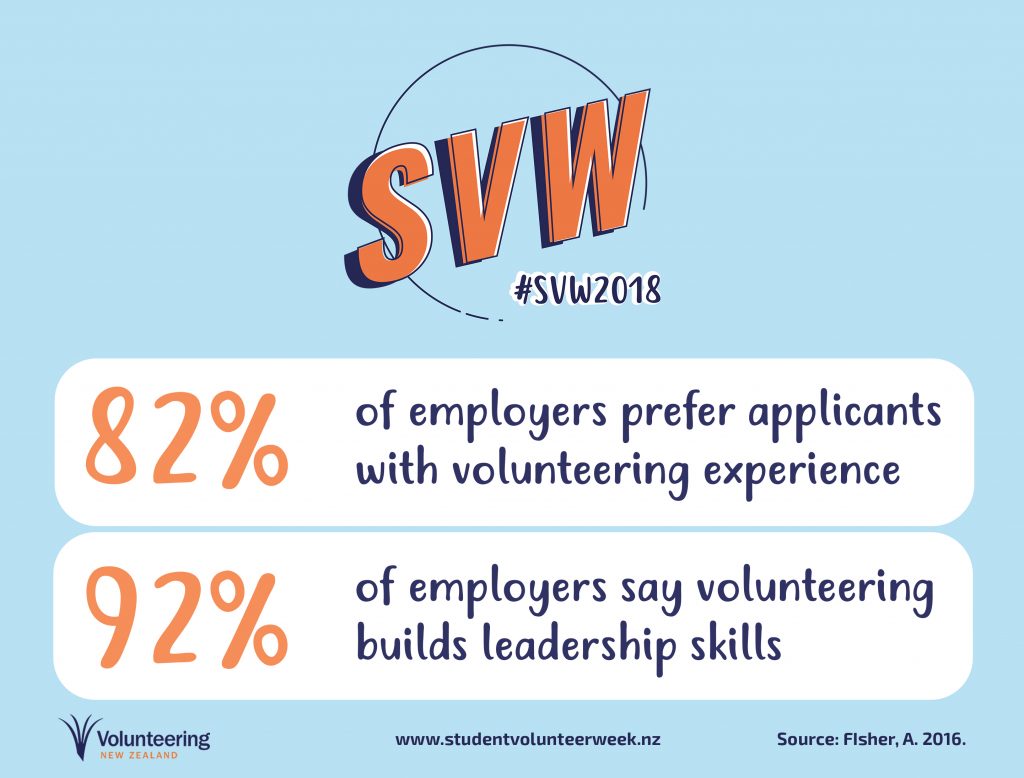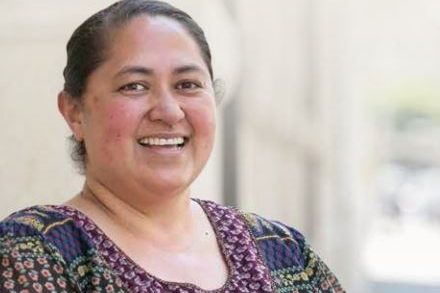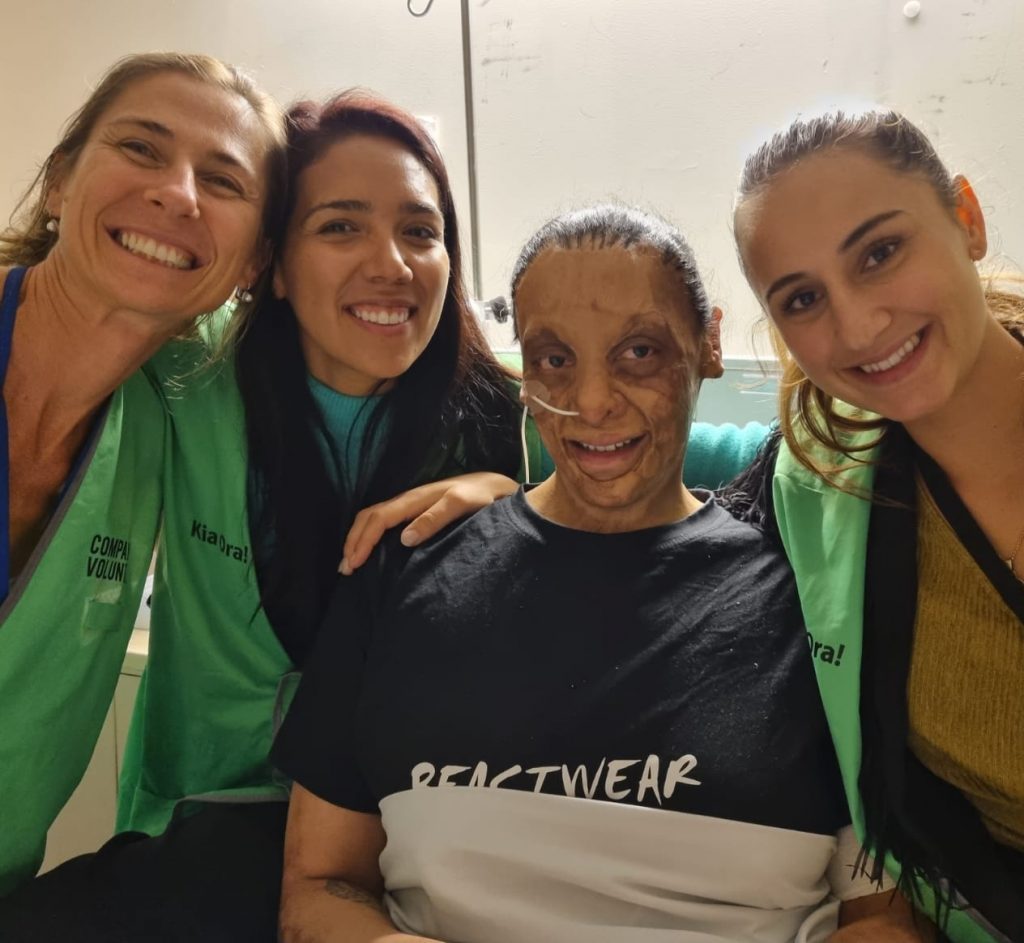Today marks the official start of Student Volunteer Week 2018. To kick it off here at VNZ we’re sharing a series of blog posts exploring themes relevant to students and volunteering. Our first is post by Lucas Davies.
“Volunteering and the School of Life”
“Never confuse your schooling with your education,” my high-school economics teacher once told our class. It was only years later that I understood what he meant. High-schools, universities, and polytechnics are all important places of learning. They help us learn technical skills: multiplication, swimming, writing reports, fixing cars, arguing the law, and playing the guitar. They give us ready-made courses of study and feedback on how well we have been following those courses. But we can’t learn everything at school. Schooling is not well-suited to teaching people the ‘soft skills’ of life.
“Soft skills include our ability to:
- Deal with the unexpected;
- Manage our own time and resources well;
- Make and execute plans;
- Communicate with other people;
- Take the initiative; and
- Behave ethically and professionally.
“These are the skills that employers are looking for in all sectors of the economy: from the professions to the trades; from government departments to big corporations. To learn these skills, we must leave the classroom. Volunteering is one of the most common ways that many students learn soft skills. Students often have trouble finding paid work that gives them enough autonomy and variety to develop their soft skills. However, as volunteers, students are often trusted with high levels of freedom to carry out their tasks in the way that they see fit.
Do volunteering experiences help develop soft skills?
“A researcher at the University of Reims in France, Albina Khasanzyanova (2017), investigated whether students’ volunteer experiences help them to develop soft skills. She surveyed 155 students, who had volunteered with eleven different associations. The students that she surveyed reported development in a wide variety of soft skills. Some reported becoming better communicators because they needed to find new ways of communicating with the people they were helping. Some said that they learned how to work in a team better because they needed to collaborate with their fellow volunteers to do their jobs effectively. Others found that planning projects and drafting budgets helped them to better organise their own time and finances.
“An education in soft skills, like time-management, effective communication, and emotional resilience, complements an education in technical skills. Neither technical skills nor soft skills come naturally—both require us to take responsibility for our own learning. Studying courses is great for developing our technical skills but does not usually help us to develop our soft skills. Volunteering is an excellent way to develop soft skills. It gives us a free opportunity to do challenging work that tests our intelligence, self-discipline, and social nous. We should see volunteering not only as a channel for helping others but also as a chance to educate ourselves.
Further Reading
- Khasanzyanova, A. (2017). How Volunteering Helps Students to Develop Soft Skills. Int Rev Educ (63), 363-379.
- And VNZ’s Young People in Volunteering research collection
- Anne Fisher’s article
Student Volunteer Week 2018 kicks off today, for more information visit www.studentvolunteerweek.nz
 Lucas Davies is writing a series of blogs posts and articles for Volunteering New Zealand, with a focus on research articles. In 2016, he completed his Bachelor of Laws and has since worked in the field of public and immigration law. Lucas enjoys reading, dancing, chess, and a good debate with his friends over the bar table.
Lucas Davies is writing a series of blogs posts and articles for Volunteering New Zealand, with a focus on research articles. In 2016, he completed his Bachelor of Laws and has since worked in the field of public and immigration law. Lucas enjoys reading, dancing, chess, and a good debate with his friends over the bar table.






About The Author: Michelle Kitney
Chief Executive, Volunteering New Zealand
More posts by Michelle Kitney